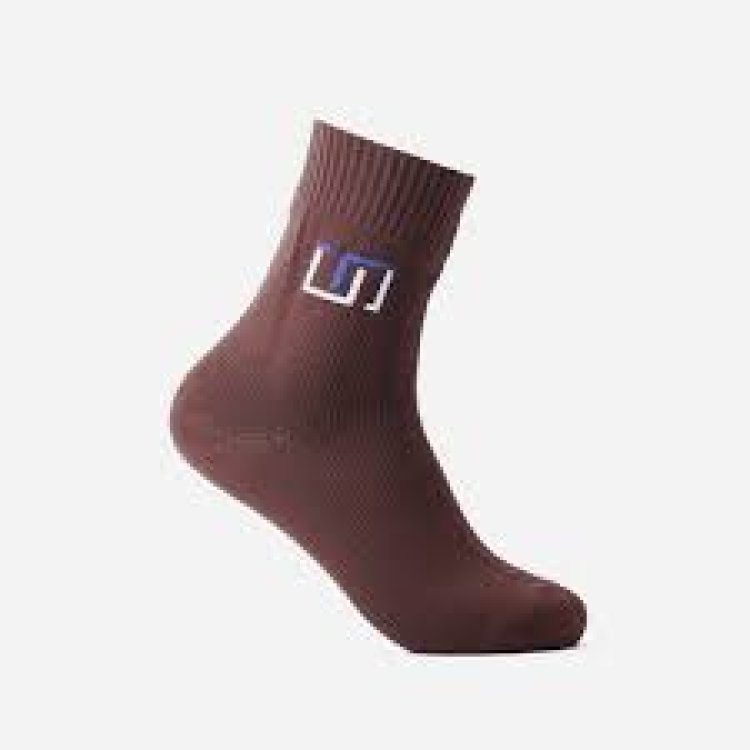Are Waterproof Socks a Practical and Halal Solution for Wudhu and Everyday Use
Waterproof socks are specially designed socks made from multiple layers of materials, including waterproof membranes, to prevent water from passing through.
Share this Post to earn Money ( Upto ₹100 per 1000 Views )

Waterproof socks are gaining popularity among Muslims who seek convenience, especially when performing wudhu (ablution) in workplaces, public spaces, or while traveling. But are they a practical and Islamically permissible alternative to washing the feet? Let’s explore their functionality, benefits, and Islamic rulings.
What Are Waterproof Socks?
Waterproof socks are specially designed socks made from multiple layers of materials, including waterproof membranes, to prevent water from passing through. They are often used by hikers, athletes, and outdoor enthusiasts to keep their feet dry in wet conditions. However, in the Islamic context, these socks have also been adapted for use during wudhu, allowing Muslims to perform masah (wiping over them) instead of washing their feet.
Are Waterproof Socks Permissible for Wudhu?
Islam allows wiping over socks instead of washing the feet during wudhu, provided that certain conditions are met. Traditionally, the Prophet Muhammad (ﷺ) allowed wiping over khuffain (leather socks), and scholars have extended this ruling to modern waterproof socks under the following conditions:
-
The socks must be worn after performing a complete wudhu – This means washing the feet properly before putting on the socks.
-
The socks must fully cover the feet, including the ankles – Just as the feet must be washed up to the ankles in normal wudhu, waterproof socks must provide full coverage.
-
They must be durable and waterproof – Socks that allow water to seep through do not fulfill the conditions of masah.
-
Time limitation for wiping:
-
24 hours for a non-traveler.
-
72 hours for a traveler.
-
-
Proper method of wiping:
-
Wet the hands and wipe over the top surface of the socks.
-
Wiping the bottom is not required.
-
Benefits of Waterproof Socks
1. Convenience for Wudhu
Waterproof socks eliminate the need to remove footwear in public places, making wudhu easier at work, school, or while traveling.
2. Maintaining Hygiene
They prevent direct contact with unclean surfaces, keeping the feet clean and dry throughout the day.
3. Protection in Cold Weather
In winter, washing feet multiple times a day can be uncomfortable. Waterproof socks keep the feet warm while maintaining ritual purity.
4. Suitable for Outdoor and Professional Use
For professionals in industries where removing shoes is impractical (e.g., healthcare, construction, or corporate offices), waterproof socks allow them to maintain wudhu without inconvenience.
5. Following the Sunnah
The practice of wiping over socks has roots in Islamic tradition, making it an easy and Sunnah-approved alternative for wudhu.
Common Misconceptions
Some believe that only leather socks (khuffain) are allowed for masah, but scholars have ruled that modern waterproof and durable socks also qualify. However, thin cotton or nylon socks that absorb water do not meet the criteria for wiping.
Conclusion
Waterproof socks are a practical and halal solution for Muslims who want ease in wudhu while maintaining purity, especially in public spaces or cold weather. As long as they meet the necessary Islamic conditions, they offer a convenient and Sunnah-approved way to perform ablution without washing the feet each time. If in doubt, it is always best to seek advice from a qualified scholar.
















